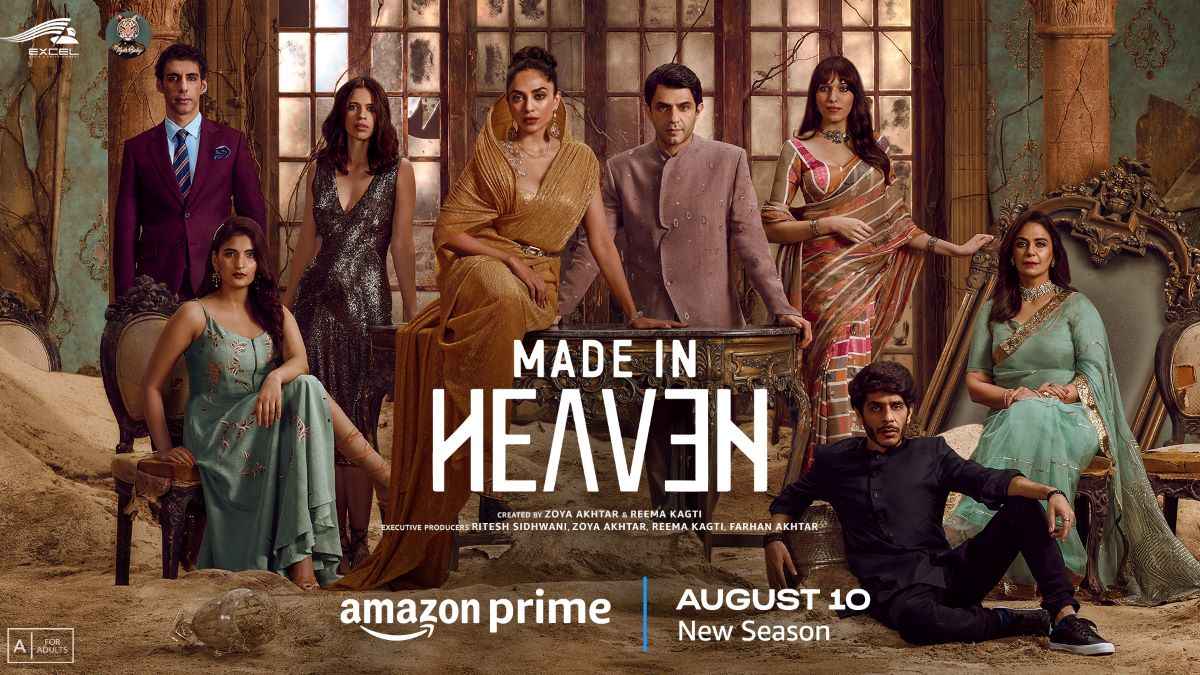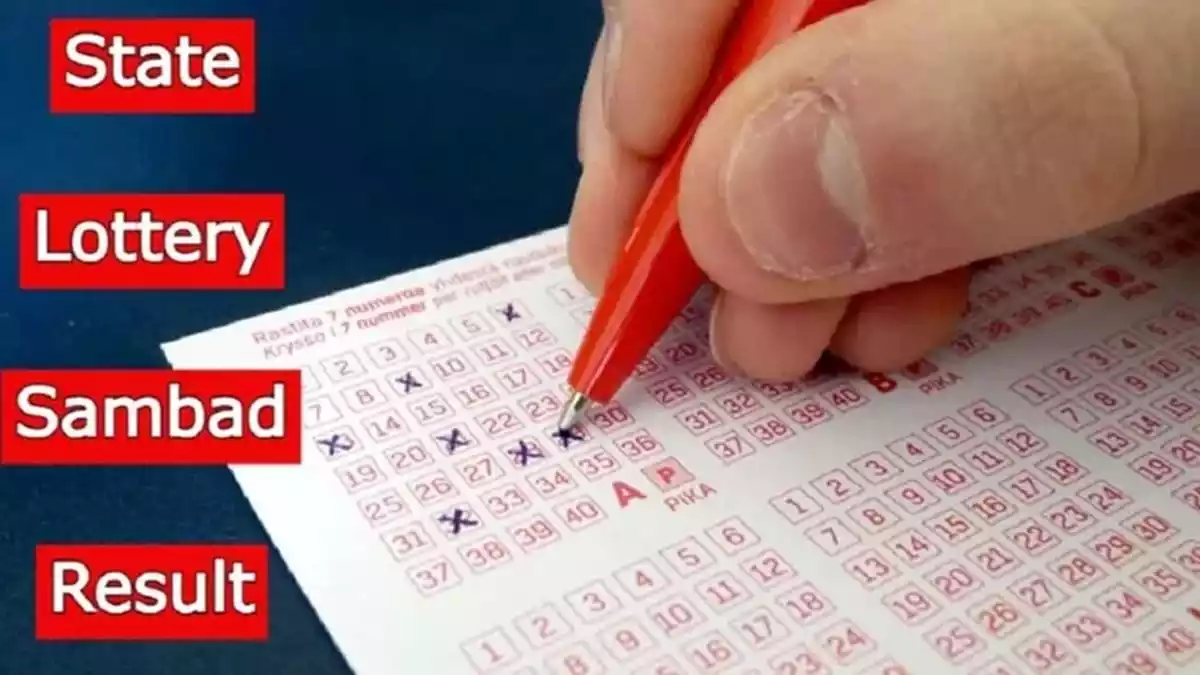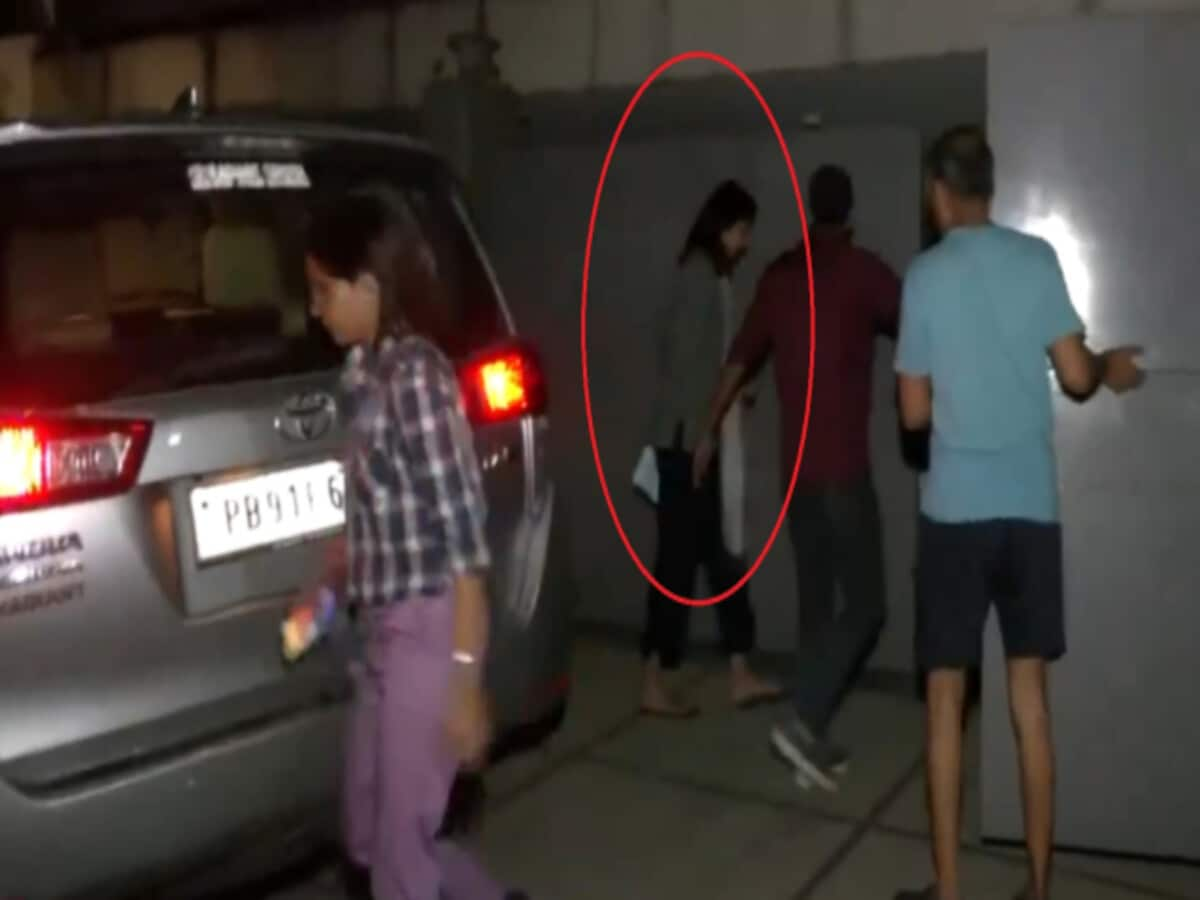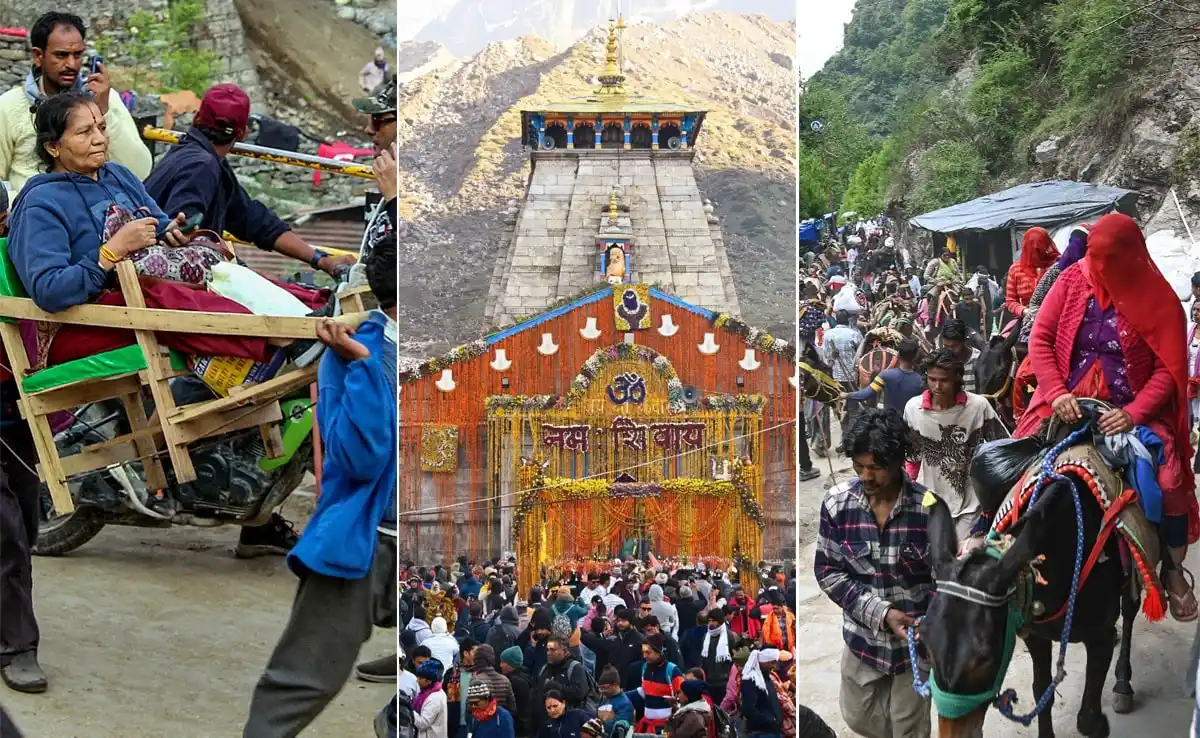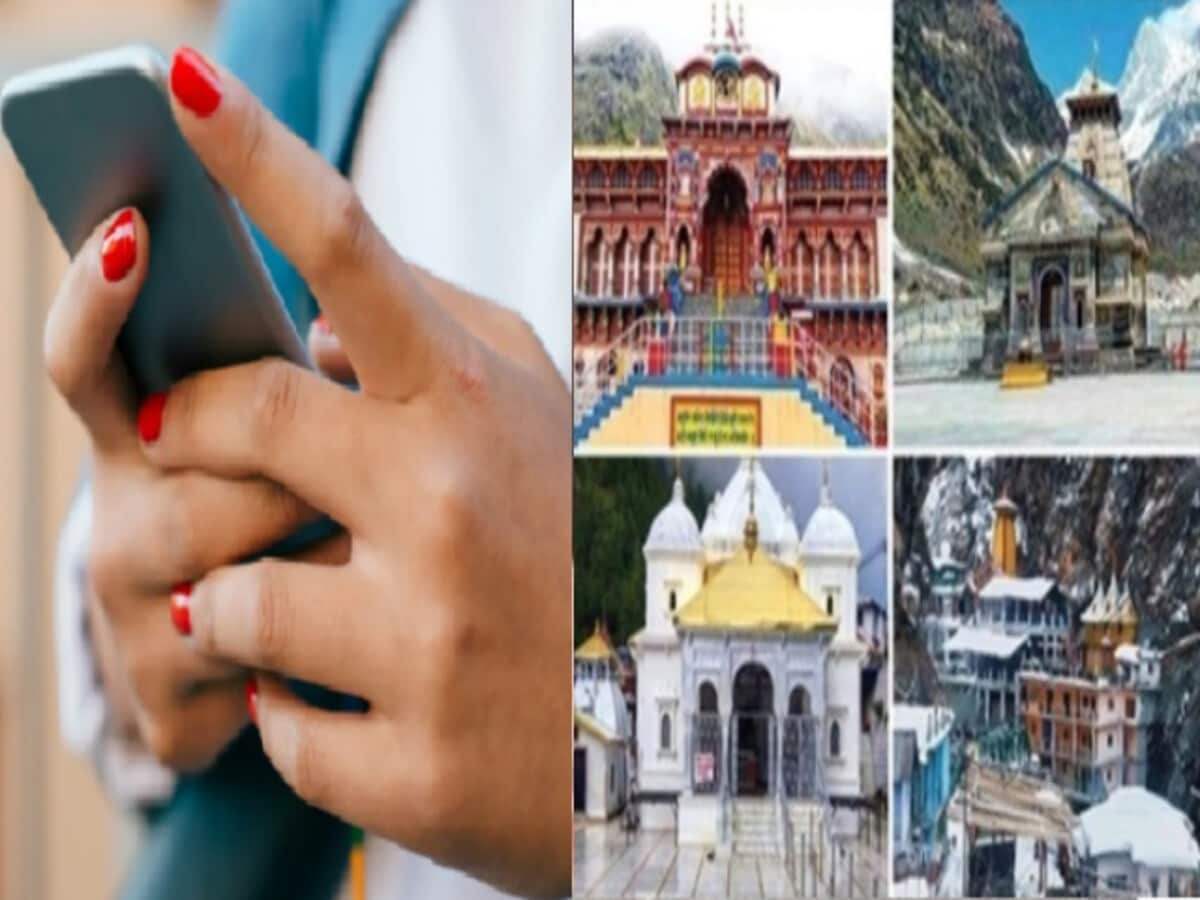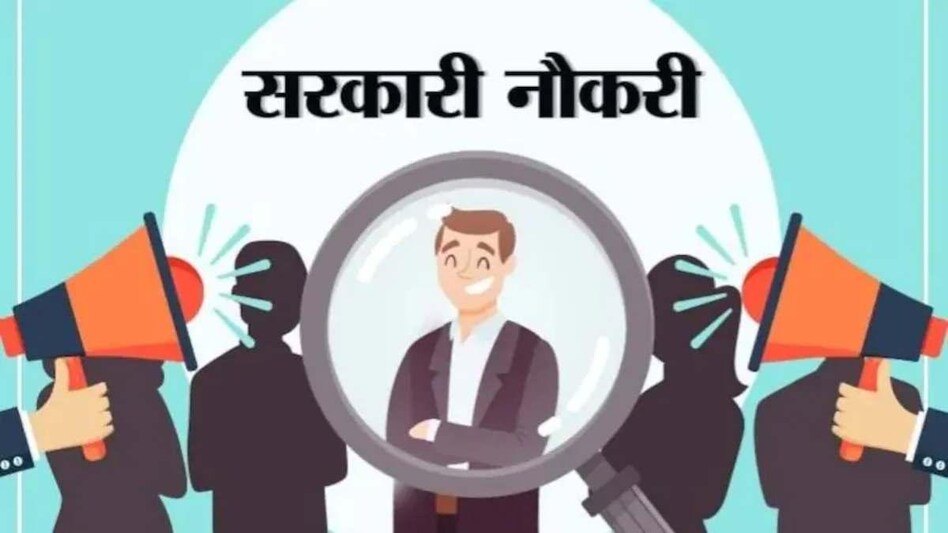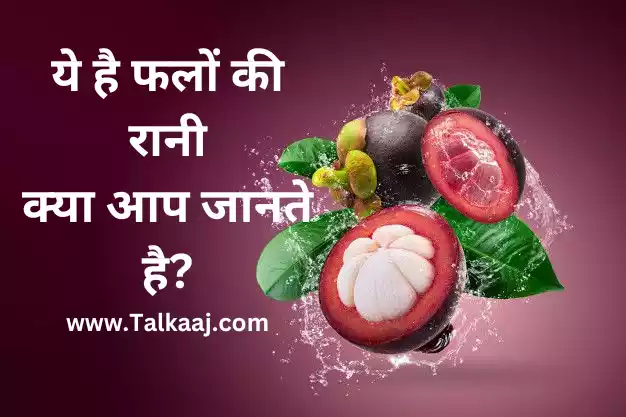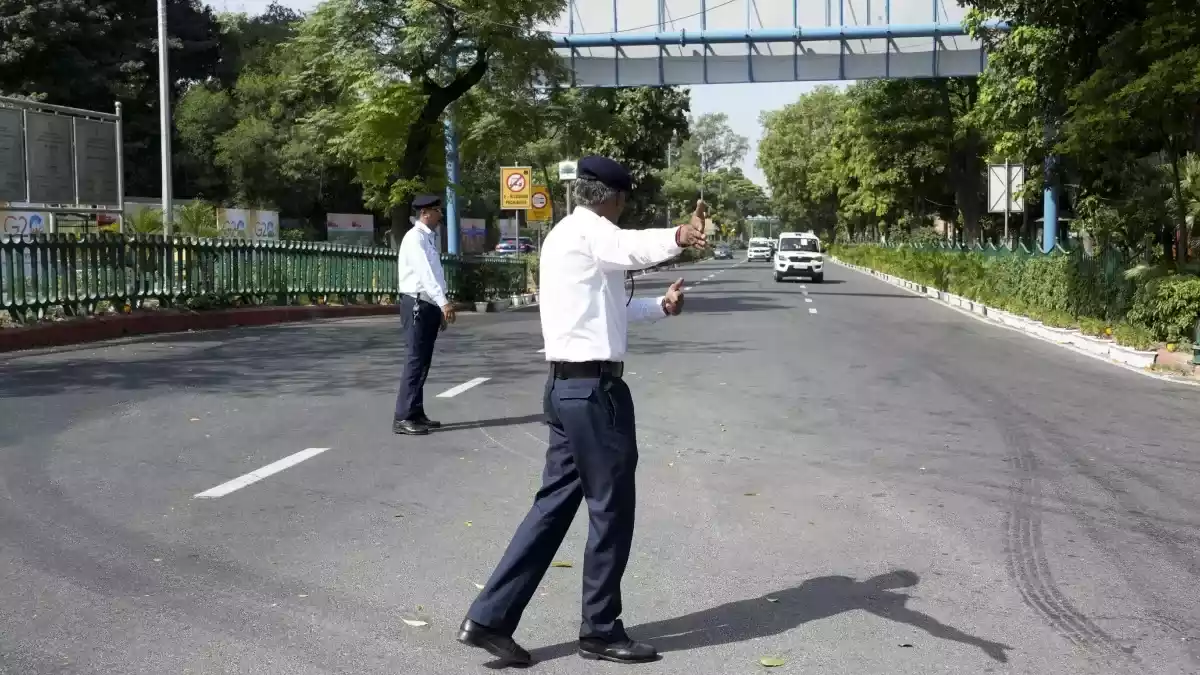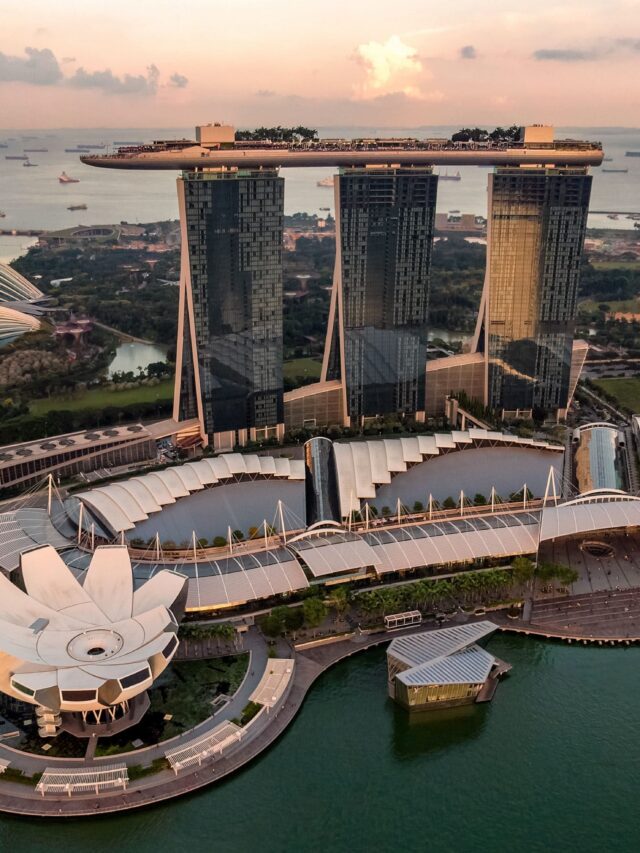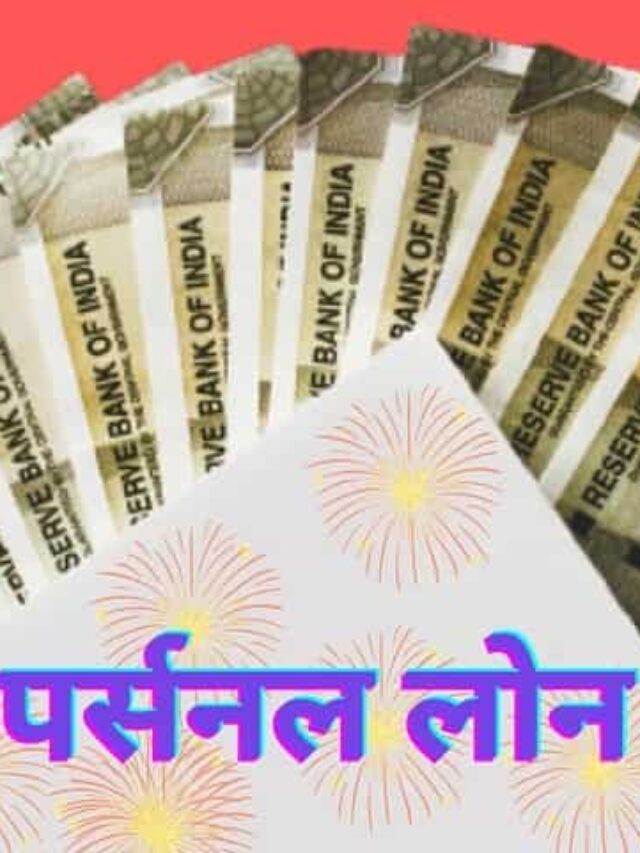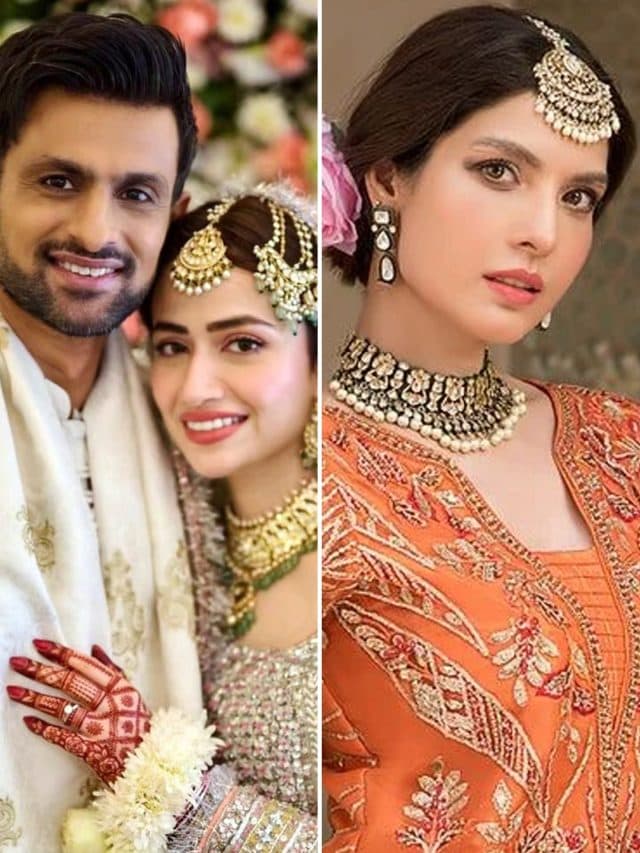Made In Heaven: A Show That Throws Light On All The Mistakes Indian Weddings Make
Weddings in India are largely grand and noisy. But a new web show takes a skeptical look at the phenomenon, exposing some unpleasant realities that may be lurking behind all this grandeur.
The second season of Made In Heaven, streaming on Amazon Prime Video, traces the trials and tribulations of a group of wedding planners who pull out all stops to help Delhi’s elite experience their “dream weddings”. We do.
The team is managed by Tara and Karan, who solve the bride and groom’s problems as well as their own.
Get Your Custom Keto Diet Plan Here:
https://bit.ly/keto_diet_for_beginners
The series is currently one of the most-watched series on the platform in India, and fans have appreciated it for showcasing lavish weddings and fabulous outfits along with a healthy dose of theatrics. It has also been praised for highlighting the social customs and prejudices that affect marriages but are often not talked about, let alone shown on screen.
“Weddings are a microcosm of Indian society. It is also the time when all the preferences, prejudices and specialties of a family are displayed. So for writers, there is endless material: you can make social commentary, of inter-personal relationships. People can find out. “I also love watching Indian weddings,” director Zoya Akhtar, the show’s co-creator, told the BBC.
However, the show has also been criticized for its portrayal of Muslims and for not crediting a Dalit writer in an episode allegedly based on his work. The makers have denied the latter allegation.
India’s obsession with marriage has often been featured in reality shows – such as Indian Matchmaking and Band Baaja Bride – and popular movies.
Although things are slowly changing in metropolitan cities, marriage is still common and single people, especially women, are often pressured by their families to “settle down”.
Most marriages in India are still arranged by families, who choose mates within the same caste and community. The institution is seen as uniting not only two people but also their families, a belief that can be found in everything from wedding guest lists to more serious decisions for a couple, such as choosing whether to have children, canceling a wedding, and so on. Can have an effect on innocuous things like doing. or get a divorce.
The show throws light on not only marriages but also some deeper problems prevailing in the Indian society.
In one episode, a bride is constantly berated by her family about her “dark skin” and encouraged to try treatments that will make her skin “clearer” and “brighter”— Euphemisms are carefully chosen to be less offensive. In turn, the bride cannot stop applying herself with whitening cream, even when her partner tells her that she is beautiful just the way she is.
In another episode, a groom’s mother asks the bride if she really wants to cancel the wedding, despite seeing blood and bruises on the bride’s face, when her son, a life coach, confronts her jealously. angrily kicks. (The bride decides to go ahead with the wedding when her abusive fiancé appears outside her door, crying and promising to “get better” with her help.)
Then there’s a father who refuses to attend his gay daughter’s commitment ceremony because he’s afraid of what people will say, and there’s a celebrity couple who tie the knot in a lavish but loving ceremony in France. For more exposure and opportunity.
“Each episode of this season takes up a structural social evil that is reinforced by marriage,” says Debashree Mukherjee, film scholar and professor at Columbia University. She states, “Each episode ends with the grand spectacle of a wedding, but each relationship is so fraught with deep tension that marriage as a social institution begins to unravel from within. Instead we find marriage a pure spectacle.” Get a chance to be seen as.”
The show has also been praised for portraying the marriage of a Dalit (earlier known as an untouchable) with a confidence that is rare in mainstream entertainment. The main character, Pallavi Menke, a Dalit educationist, has to fight her upper-caste husband and in-laws to include Buddhist wedding rituals in the festivities.
Her in-laws are proud of her academic achievements but not her caste, while her liberal husband is so blinded by his privilege that he is unable to see how his own family can be casteist.
But the show has also faced criticism on a few fronts; Some viewers have expressed displeasure with the episode which purports to address polygamy.
In this, a Muslim man marries secondly against the wishes of his first wife. An X (formerly Twitter) user criticized the show’s producers for “spreading stereotypes” about the Muslim community.
But Reema Kagti, director and co-producer of the show, says that one person’s story is not meant to represent a community.
“When you’re talking about women’s empowerment, you have to look at situations where a woman’s agency is being taken away,” she says.
The drama has been embroiled in another controversy after Dalit writer Yashika Dutt accused the makers of using her “life and words” without giving credit to her in the Buddhist marriage episode. The makers “categorically denied any claim that Ms. Dutt’s life or work was appropriated by us”.
Sayantan Ghosh, who works in publishing, said he found the show a bit preachy and wished the story was presented with more nuance. Film critic Sucharita Tyagi says that some of the stories were very “on the nose” and felt like “a 20-year-old trying to make her mark as an activist”.
But despite the controversies—and the show’s dismal look at weddings and relationships—many people think it’s relevant, if only to start a conversation on taboo topics. Through the sweet friendship of Tara and Karan, the series also presents its nuanced take on relationships.
Tara, who is negotiating a difficult divorce settlement with her spouse, and Karan, a gay man struggling to come to terms with his dying mother’s denial of his sexuality, are always there for each other. Live In good times and bad, they support each other.
“Where there is friendship, there is love, togetherness and companionship,” says Ms. Mukherjee.
>> Get Your Custom Keto Diet Plan Here:
https://bit.ly/keto_diet_for_beginners
>>Keyword Researcher Introduction – SEO Software:
https://bit.ly/Keyword-Researcher-Introduction-SEO-Software

